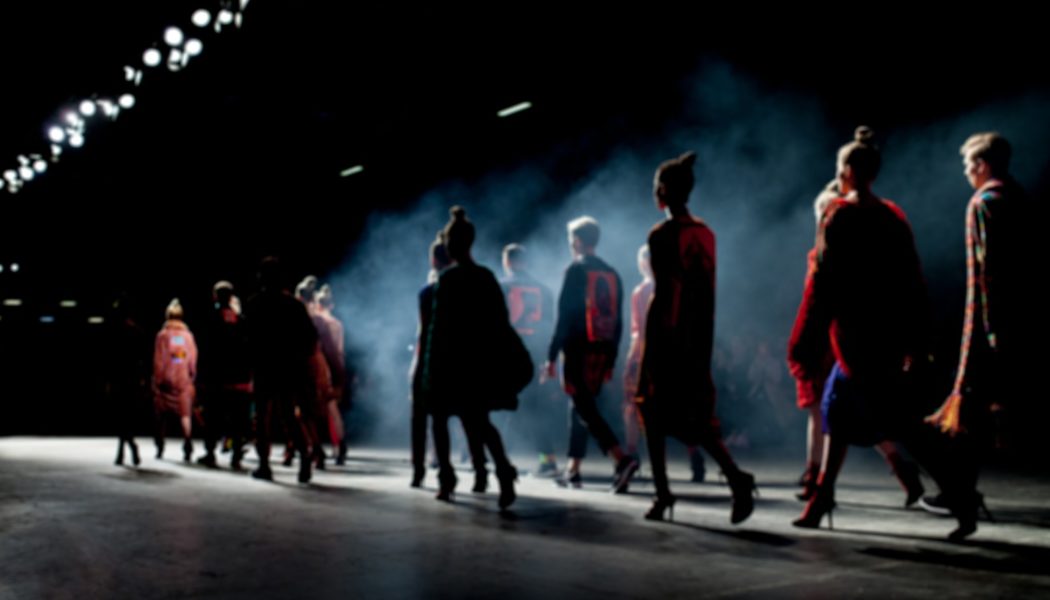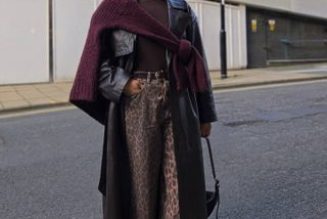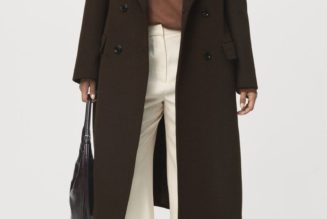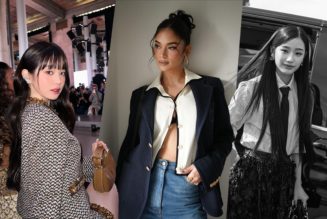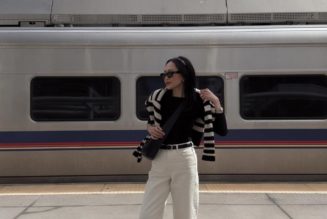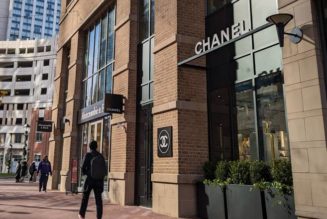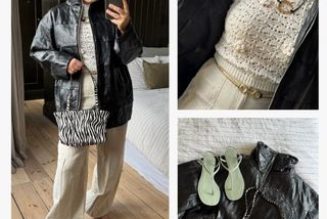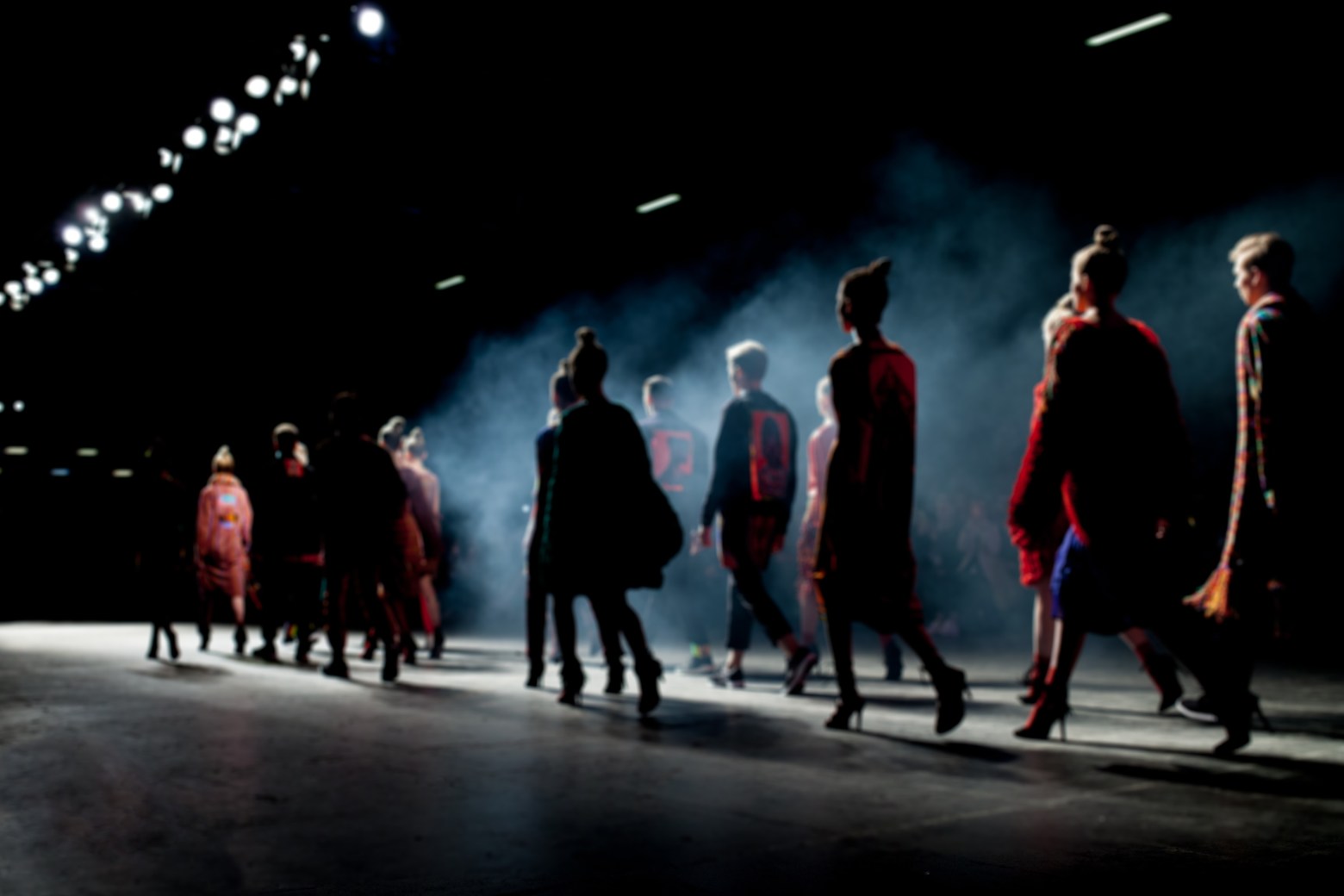
Shutterstock
Daniel Langer’s take on Paris Fashion Week and brand storytelling in luxury fashion.
With Paris Fashion Week just behind us, it is time to take a closer look at what the luxury brands delivered. Traditionally, fashion weeks – whether they are in New York, Milan, Shanghai, or Paris – are the venues in which luxury fashion brands not only show their latest collections but also try to set a mark with their audiences and create maximum desirability and inspiration. When I look at events like these, I am most interested in whether the shows are “on brand,” hence, if they are supporting the brand narrative, or if they are just trying to catch attention. So the question is: which brands impressed me with their brand storytelling in luxury fashion and which brands disappointed?
This is critical because, in luxury, it’s all about the brand story. The story is the reason people perceive extreme value and desire a brand. It’s the reason people pay the enormous price premiums that luxury brands command. Therefore, even more than being a fashion statement, each show is a window into the inner workings of brands and a signal of the health of a brand.
To me, a standout in brand storytelling at this Paris Fashion Week was Hermès. It was a perfect illustration of the brand’s values of timeless and subtle elegance without being in your face. Nadège Vanhée Cybulski, the Creative Director of Hermès, wonderfully captured the brand ethos: chic, quiet, and meticulously crafted. It was – in my point of view – the highlight of the week.
YOU MAY ALSO LIKE: HERMÈS TO DEBUT IN ARIZONA AT SCOTTSDALE FASHION SQUARE
Balenciaga, to me, was a different story. The brand – once the wunderkind of fashion and trends – seems completely lost after its recent advertising scandal. It was more of the same at this Paris Fashion Week, a dark, nightmarish reference, yet lacking any significant standout or anything substantial. Trying to move on from the self-inflicted scandals without any significant change, it feels like the brand is on a road to nowhere. It’s now all about Demna and his vision, while it’s not clear what Balenciaga stands for. When brands lose their identity and over-depend on a singular person, it screams for trouble ahead.
Valentino made a great impact at Paris Fashion Week with an outstanding collection of accessories including bags, shoes and ready-to-wear. The entire line captured the femininity of the brand ethos wonderfully: A masterpiece in luxury fashion brand storytelling. It will be interesting to see how Valentino will develop in the future under new creative leadership.
Dior’s Maria Grazia Chiuri created a phenomenal and feminine narrative with her collection at Paris Fashion Week. It embodied a mix of artisanal excellence with sheer beauty, giving the original vision of Christian Dior a contemporary take. It underscores the position of Dior as the flagship brand within the LVMH empire.
Givenchy, another LVMH brand, has been significantly less clear on its brand storytelling over the years. Collection after collection, the brand seems to drift in different directions. The latest collection, showcased at Paris Fashion Week, while acclaimed by many observers, continues on a path of ambiguity for the brand and underlines the need for a coherent brand narrative.
These examples show that to create a luxury brand, it takes much more than just creative talent. Brands need to define who they are and what they stand for first and then execute against that positioning along every touchpoint, including, and especially, at events like Paris Fashion Week. Too often, brands rely heavily on either their creative directors (when they are in fashion) or on designers and craftsmen. Brand storytelling with luxury fashion only works when there is a clear narrative.
A great example of brand storytelling in luxury fashion is Louis Vuitton. Not only is Louis Vuitton the most successful fashion and accessory brand in the world, but it has a clear brand narrative around the idea of the voyage in extreme style. Independent of who the creative director is of Louis Vuitton, the narrative about discovering new horizons is not compromised. The late Virgil Abloh put his take on the brand and now, Pharrell Williams orchestrates his interpretation, but the fundamentals never change. Contrast this with many brands, including Gucci, where each creative director overshadows the original brand’s story and prevents them from long-term growth and success.
YOU MAY ALSO LIKE: LUXURY TAKES CENTER STAGE | THE LOUIS VUITTON PHARRELL WILLIAMS COLLECTION
The importance of brand storytelling in luxury fashion and beyond is counter-intuitive at first glance. After all, we are used to appreciating things we can see, feel and touch. Especially when I am working with engineer-driven brands, it often becomes clear that internally, the brands over-rely on the tangibles while, in reality, the intangible brand narrative is what matters most. Paris Fashion Week has made that even more clear.
